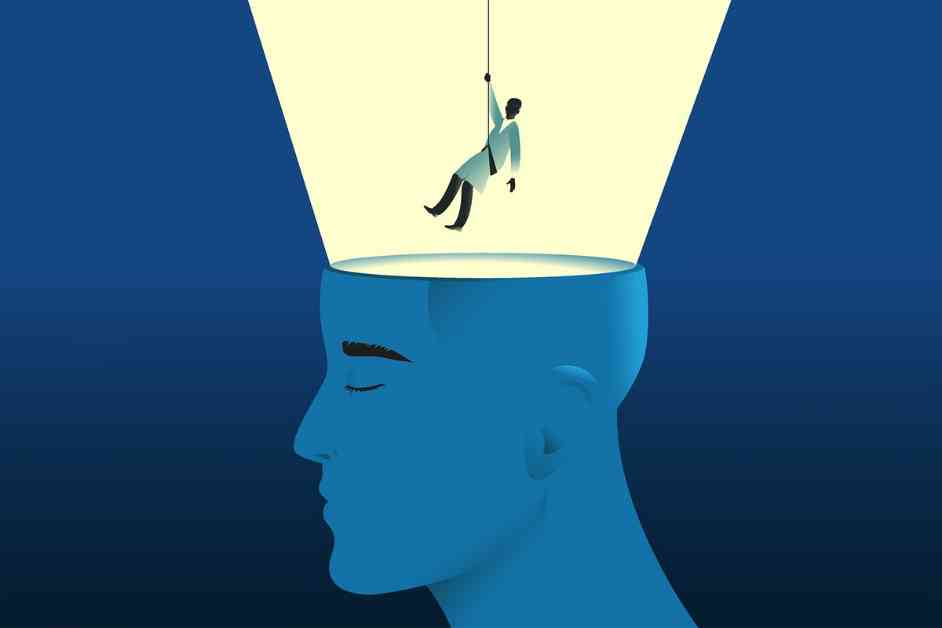Despite significant advancements in understanding the brain, the mystery of consciousness remains unsolved. The easy problems of consciousness focus on explaining behavior, such as categorization and reaction to stimuli. These problems, though challenging, can be addressed using standard scientific explanations. However, the hard problem arises when we consider why these functions are accompanied by subjective experiences.
The hard problem of consciousness, as proposed by philosopher David Chalmers, questions why mechanistic processes in the brain are accompanied by conscious experience. This dilemma is rooted in the exclusion of consciousness from traditional scientific frameworks established by Galileo. Chalmers introduced the concept of philosophical zombies to illustrate this point – beings that exhibit human behavior without consciousness.
The debate between Team Chalmers and opponents like Daniel Dennett has been ongoing, with differing views on the relationship between behavior and consciousness. Recent philosophical discussions have led to the realization that the distinction between feelings and behavior poses an even deeper challenge than previously thought. This has raised questions about the nature of consciousness and the mind.
The concept of pain-pleasure inverts, beings that experience pleasure from pain and vice versa, challenges our understanding of consciousness. While initially seeming nonsensical, the idea of these inverted experiences highlights the complexity of the mind-body relationship. Evolutionary explanations cannot account for the absence of pain-pleasure inverts, as they presuppose the current alignment of behavior and consciousness.
The mystery of psychophysical harmony, which refers to the coherence between behavior and consciousness, raises fundamental questions about the nature of reality. Some philosophers suggest that this harmony points to a higher power, while others view it as a radical departure from conventional scientific thinking. The idea of teleological laws working from future to present offers a new perspective on consciousness and its relationship to behavior.
In conclusion, the exploration of consciousness and its mysteries continues to challenge our understanding of the mind. The debate between different philosophical perspectives sheds light on the complex nature of subjective experiences and their relationship to physical processes. As we delve deeper into the realm of consciousness, we are forced to confront fundamental questions about the nature of reality and our place in the universe.






